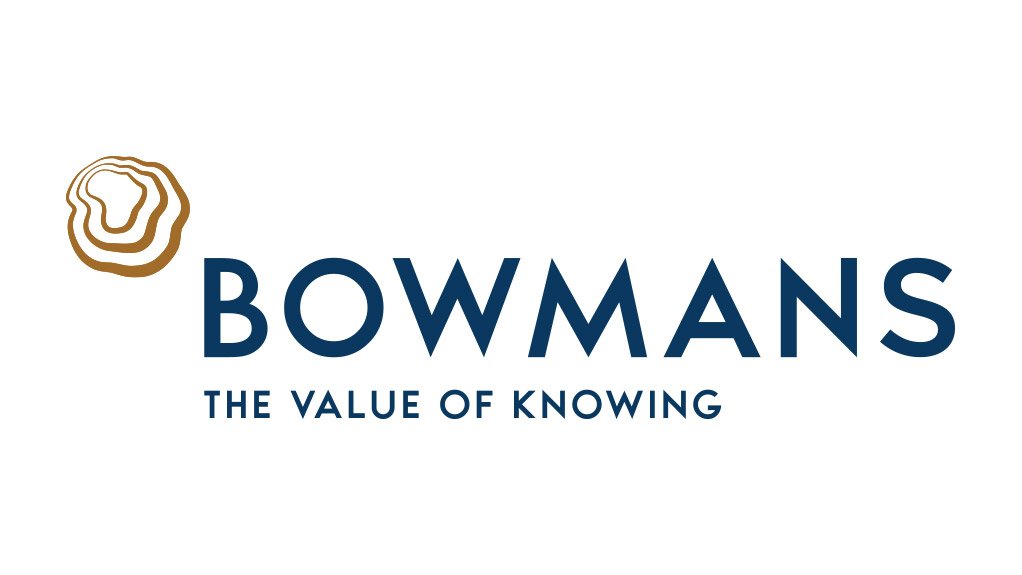The Competition Authority of Kenya (the Authority) has entered into a settlement with Mogo Auto Limited (Mogo) concerning allegations of false and misleading representations and unfair practices against its customers.
Under the terms of the settlement, the Authority has directed Mogo to pay a settlement amount of KES 10 851 473.20, avoid similar conduct in the future, and mandate its employees to complete consumer compliance training by 30 August 2025.
This action underscores the Authority’s commitment to its mandate of safeguarding consumer rights, particularly in the rapidly evolving digital credit sector. The Authority is empowered by the Competition Act, Cap 504 (the Competition Act), to oversee and investigate matters related to consumer welfare in Kenya.
Following an investigation prompted by complaints from four customers, the Authority alleges that Mogo had violated sections 55 (b) (i), 56 (1) and 56(3) of the Competition Act. The complaints were based on the following contentions:
Misrepresentation of loan terms: Customers were misled about interest rate calculations, which were shifted from a flat rate to a reducing balance basis, contrary to the agreed terms.
Currency misrepresentation: Repayable instalments and interest rates for loans disbursed in Kenyan Shillings (KES) were calculated in US Dollars (USD), exposing customers to unpredictable payment amounts due to foreign exchange fluctuations.
Unapproved variations: Mogo unilaterally varied interest rates, contrary to the initial agreements, leading to inflated repayment amounts.
This settlement serves as a crucial reminder that the Authority remains vigilant in enforcing its consumer protection mandate aimed at protecting consumers from unfair and misleading market conduct, including by financial institutions that are typically seen to hold greater bargaining power over borrowers.
In this regard, it is noteworthy that it is an offence for financial institutions to make false or misleading representations (such as failing to disclose the applicable fees for financial services) or to engage in unconscionable conduct (for example, imposing fees or charges without informing the consumer).
In particular, the Consumer Protection Act No. 46 of 2012 outlines several key obligations for lenders in credit agreements, including the disclosures that a lender must make and how a lender is required to handle prepayments, default charges and payment deferrals.
Financial institutions must, as such, ensure transparency during transactions by, for instance, clearly disclosing the calculation of applicable interest and exchange rates in the terms and conditions of the loan agreement.
The Authority has previously sanctioned financial institutions for making false and misleading representations regarding loan interest rates, as seen in its decisions in Patience Kwekwe v. Harambee Sacco Society of Kenya and Olive Wamaitha Njogu v Family Bank Limited.
In summary, this decision emphasises the importance of transparency and adherence to both statutory and contractual obligations by banks, savings and credit cooperative organisations and digital lenders, with the Authority seeking to ensure that borrowers are treated fairly and equitably.
Written by Joyce Karanja, Partner, Head of Competition, and Michelle Karimi Kimonye, Senior Associate, Bowmans Kenya
EMAIL THIS ARTICLE SAVE THIS ARTICLE ARTICLE ENQUIRY
To subscribe email subscriptions@creamermedia.co.za or click here
To advertise email advertising@creamermedia.co.za or click here











